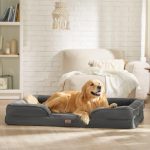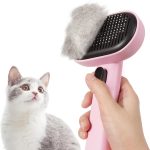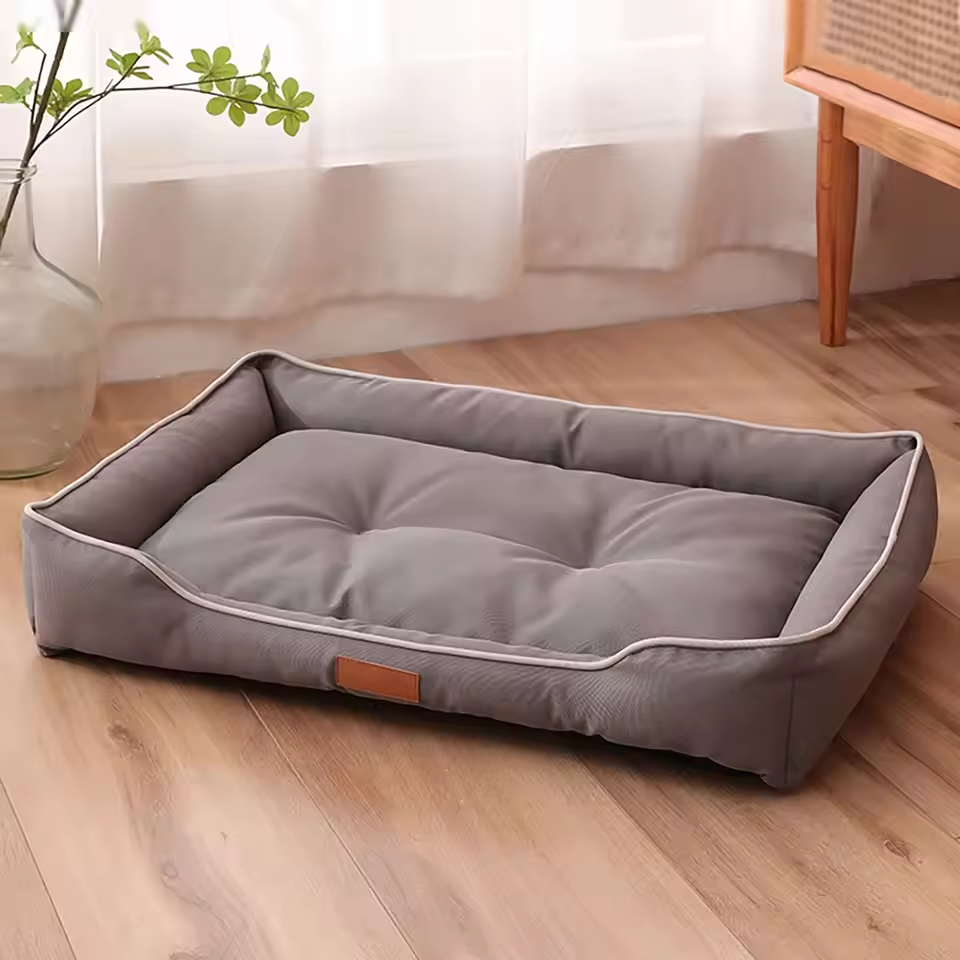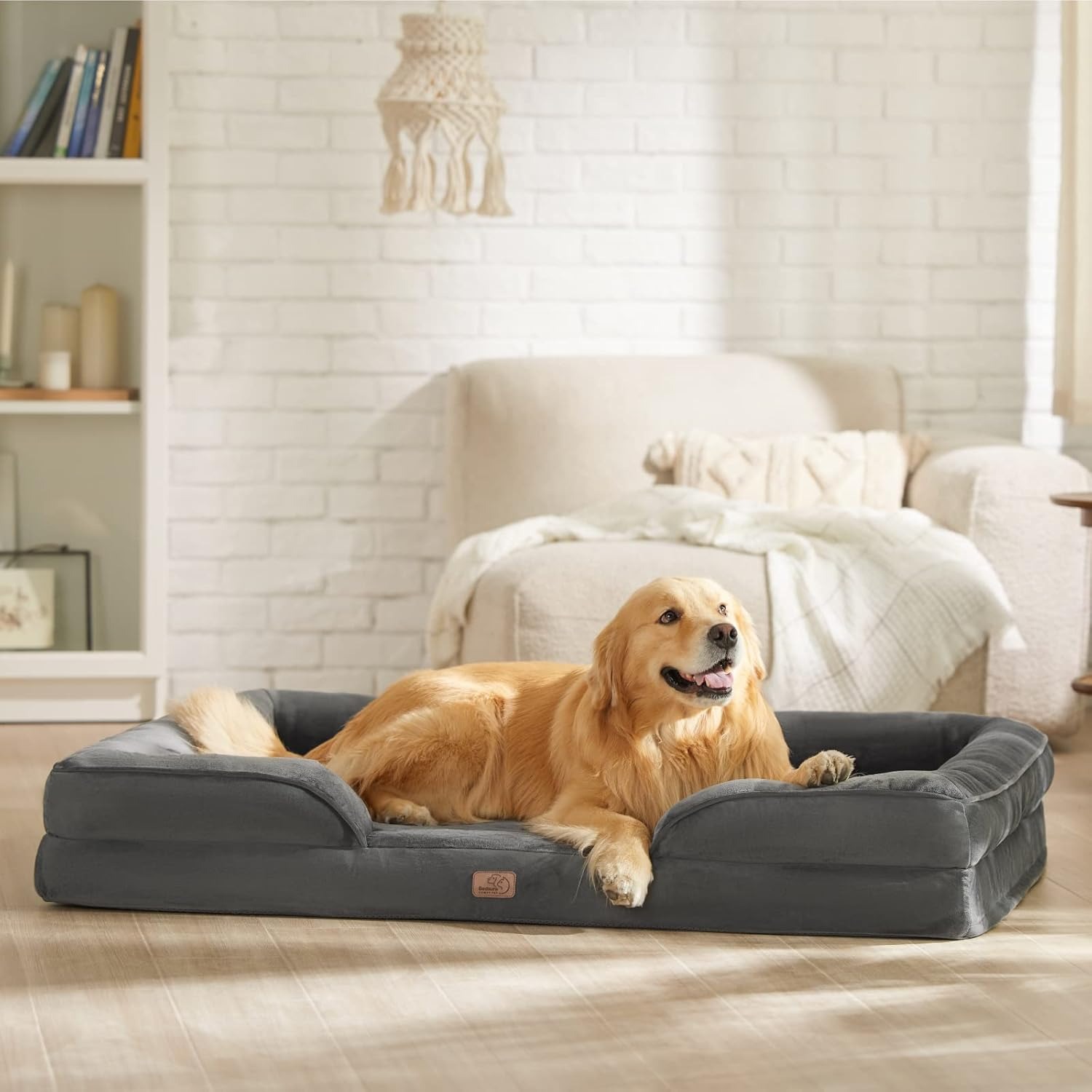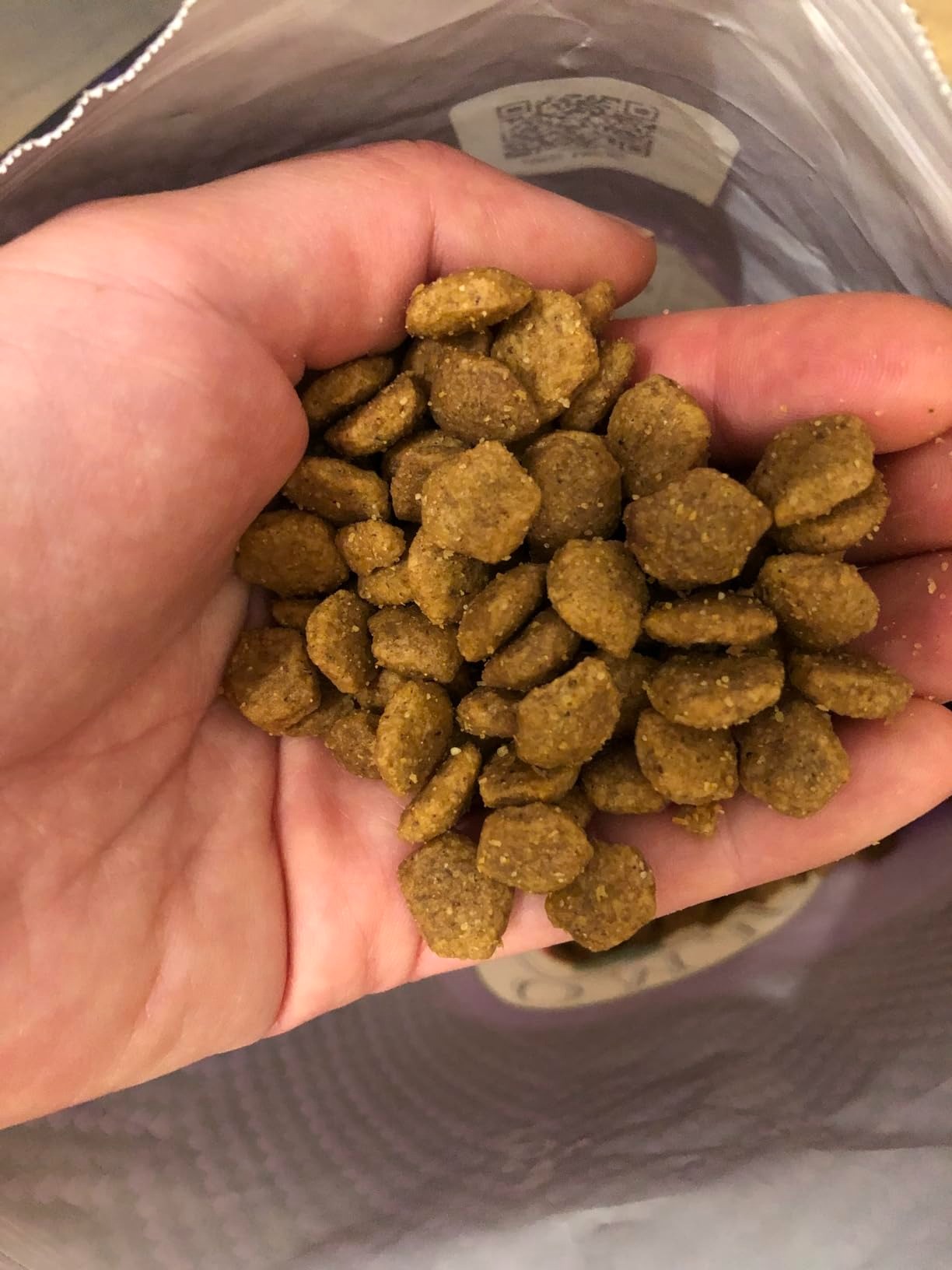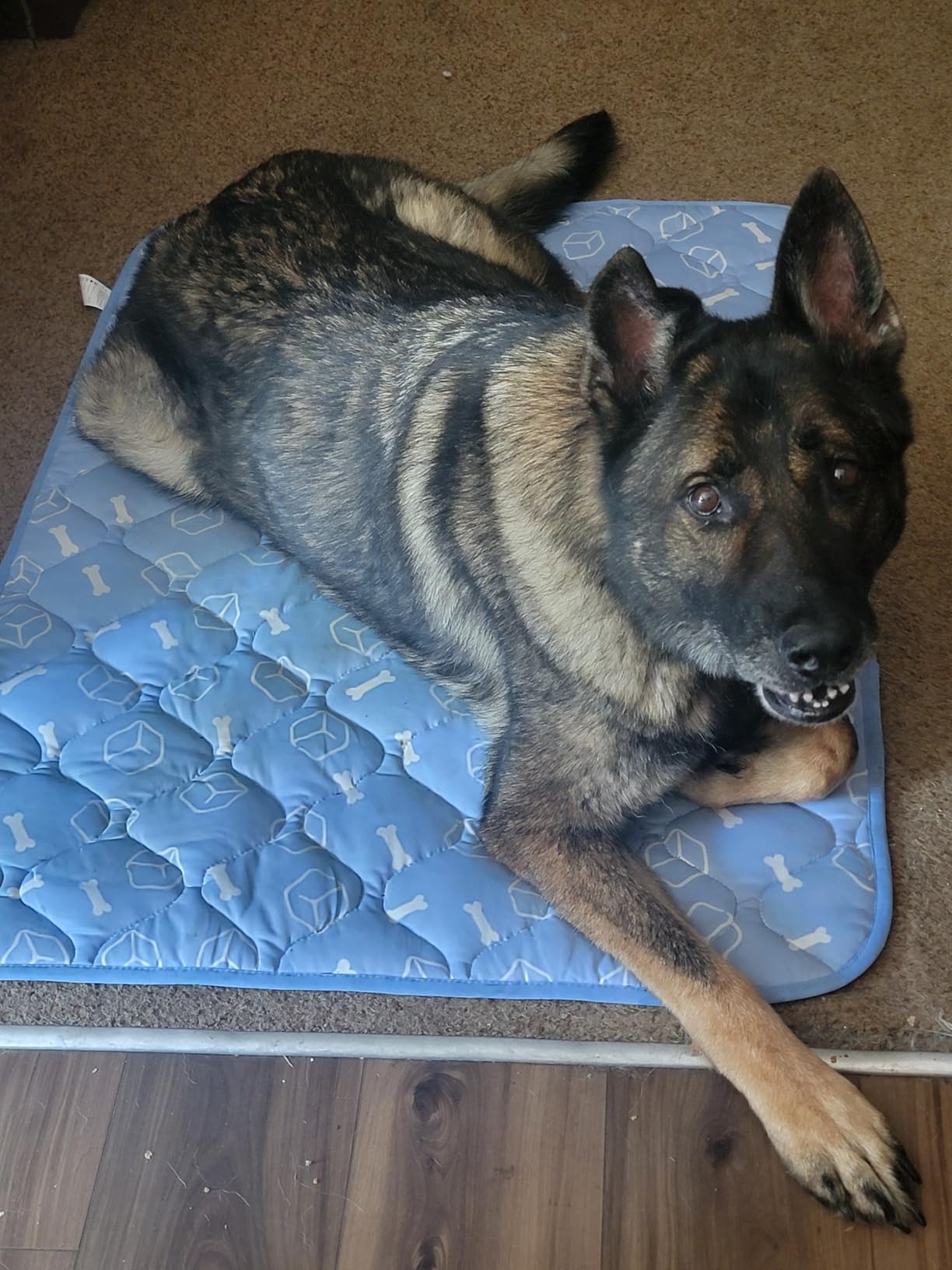If you are a pet mouse owner, providing proper entertainment is just as important as offering food and shelter. Toys for pet mice can significantly enhance your furry friend’s quality of life, promoting physical activity and mental stimulation. In this guide, we will explore essential toys for pet mice and offer tips on selecting the best ones for your pet’s needs.
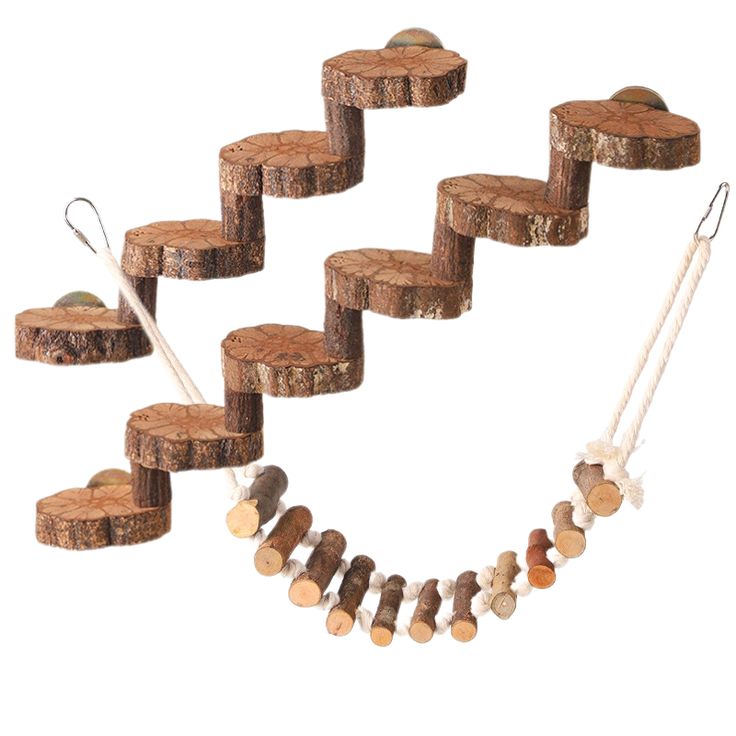
Why Toys for Pet Mice Are Crucial for Their Well-Being
Mice are active and curious animals, and just like any pet, they require stimulation. Toys for pet mice offer an excellent way to keep them mentally engaged and physically healthy. Without adequate entertainment, mice can become bored, leading to destructive behaviors and even depression. Just as we humans enjoy entertainment, your pet mouse needs it too. Providing a variety of pet toys can help to replicate their natural environment, ensuring they stay happy and active.
- Mice are social and intelligent creatures, so offering toys that stimulate their minds is essential. Puzzle toys or those with hidden treats can encourage problem-solving.
- Toys like tunnels and wheels are also vital for physical health, allowing mice to exercise and keep their muscles strong.
- When choosing toys for pet mice, it’s crucial to select items that are safe and suitable for their size and activity level.
The Best Types of Toys for Pet
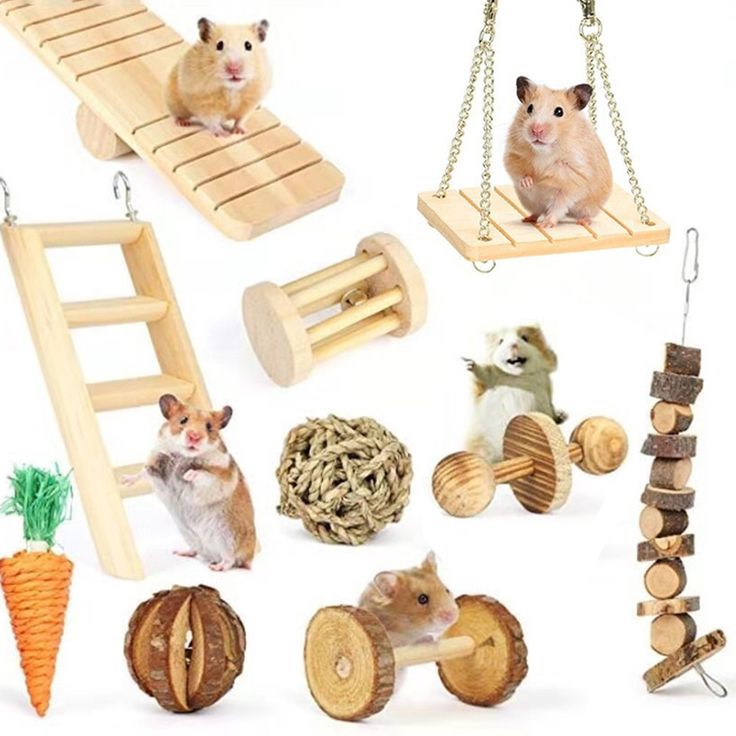
How to Choose Safe Toys for Your Pet Mice
Selecting the right toys for your pet mouse requires attention to detail. Mice are small creatures, and certain toys can pose safety risks if they aren’t designed with their needs in mind. Here are some tips for ensuring the toys you choose are safe:
- Avoid small parts: Toys with small detachable parts can be dangerous for mice. They could swallow or choke on them. Always choose toys that are solid and free from sharp edges or easily breakable pieces.
- Choose non-toxic materials: Mice tend to chew on everything, so it’s important to select toys for pet mice made from non-toxic, pet-safe materials. Look for toys that are labeled as safe for small animals.
- Size matters: Choose toys that are appropriately sized for your mouse. Large toys may be intimidating or unsafe for smaller breeds, while tiny toys can pose a choking hazard for larger mice.
Why Mental Stimulation Is Key for Pet Mice
Mice are not only physically active; they are also highly intelligent and curious creatures. Providing toys for pet mice that engage their minds is just as important as offering physical toys. Mental stimulation can help prevent boredom, anxiety, and behavioral issues, ensuring that your pet mouse leads a happy, fulfilling life.
- Food-dispensing toys: These toys provide your pet mouse with a challenge while rewarding them with a treat when they succeed. They stimulate their natural foraging instincts, encouraging problem-solving and providing an entertaining and satisfying experience.
- Puzzle toys: Toys that require your mouse to figure out a mechanism or solution to access a treat can keep them mentally stimulated for hours. These puzzles are excellent for engaging their brains, providing both a challenge and a reward. Simple puzzle feeders or maze toys can be a great way to start.
- Interactive toys: Toys that encourage interaction with their environment or you, like tunnels that move or toys you can hide treats in, promote bonding and mental development. These toys allow your mouse to explore new experiences, strengthening their cognitive abilities and deepening your connection.
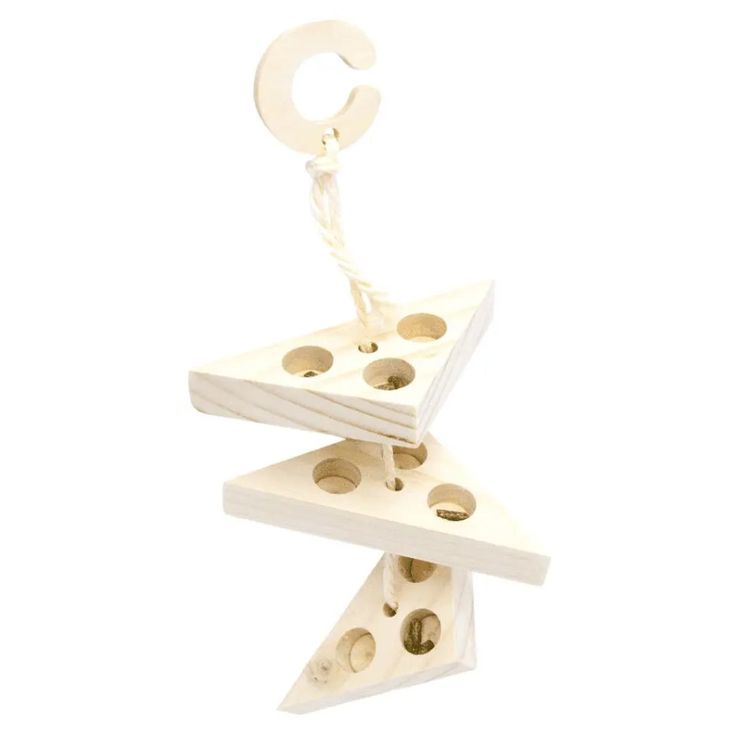
How to Keep Your Pet Mouse’s Toys Clean
Keeping your mouse’s toys clean is essential for their health and well-being. Mice can be prone to illness if their toys aren’t properly maintained. Regular cleaning helps prevent bacteria build-up, mold, and ensures your pet stays safe and happy.
- Washable toys: Choose toys for pet mice that are easy to clean, such as plastic or ceramic options. These materials are durable and easy to wipe down. Avoid toys with intricate designs or hard-to-reach areas that are difficult to scrub, as they can harbor bacteria and dirt.
- Regular cleaning: Clean the toys once a week or more often if needed. Make it a habit to inspect and sanitize all of your mouse’s toys regularly. Use pet-safe disinfectants or a simple solution of vinegar and water to wipe down the toys. This method is safe and effective at killing germs and bacteria without harmful chemicals.
- Dry thoroughly: After cleaning, make sure the toys are completely dry before returning them to the cage. Moisture can promote mold growth, which can lead to health problems for your pet mouse. Drying the toys thoroughly ensures they remain safe and hygienic for use.
DIY Toys for Mice: Fun and Affordable Ideas
If you’re on a budget or simply enjoy crafting, you can make your own toys for your pet mouse. DIY toys are a great way to add variety without spending a lot of money. Here are some simple ideas:
- Cardboard tunnels: Use cardboard tubes or boxes to create tunnels and hideaways. Mice love burrowing, and these can be easily replaced when they get dirty or chewed up.
- Paper chew toys: Crumple up bits of paper and hide them in the cage. Your mouse will enjoy shredding them and using the bits to make their nests.
- String or twine toys: Twine can be an exciting toy for your mouse to nibble and play with. Just make sure the twine isn’t too thick for them to chew through safely.
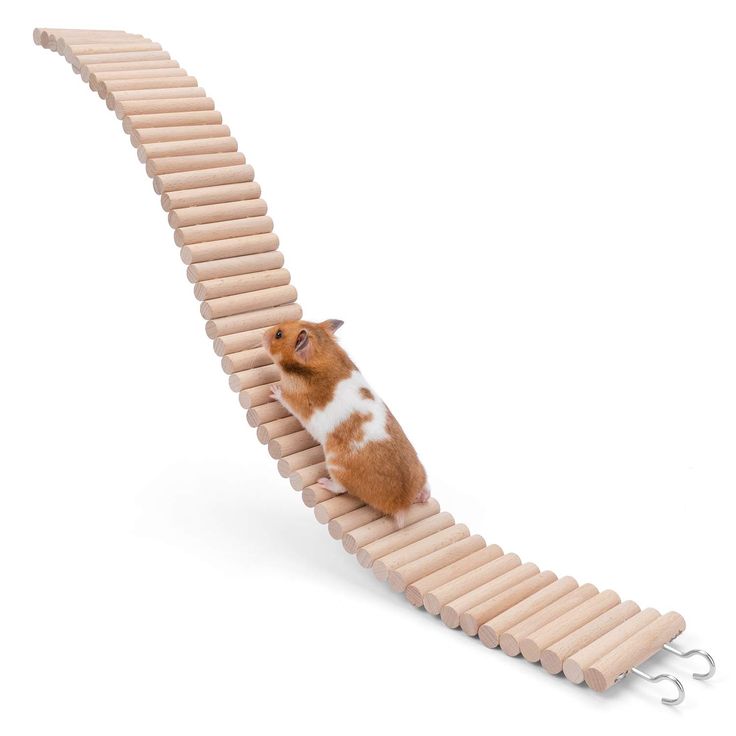
How Often Should You Rotate Your Pet Mouse’s Toys?
Just like us, mice can get bored with the same toys over time. To keep your pet mouse entertained, you should regularly rotate their toys. Here’s how to do it:
- Frequency of rotation: Switch out toys every few days to provide variety and keep your mouse engaged. If they haven’t played with a particular toy in a while, it may be time to bring it back into rotation.
- Observe their preferences: Some mice might show a preference for certain types of toys. Pay attention to which toys they seem most excited about and make sure to keep those as part of their routine.
- Clean before rotating: Always clean toys before rotating them to ensure they remain safe and hygienic for your pet.
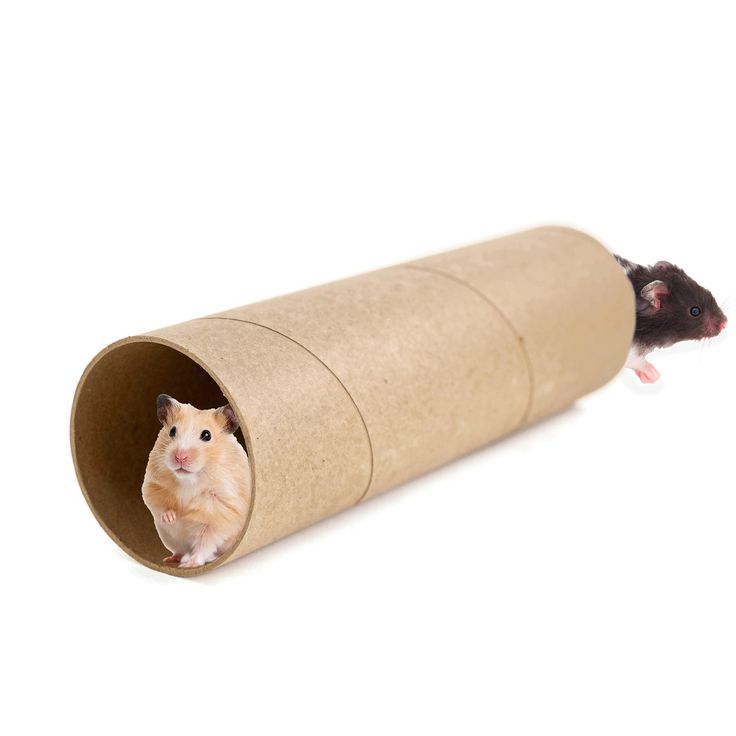
Conclusion:
Choosing the right toys for pet mice is a crucial part of keeping your furry friend healthy and happy. With the right toys, you can provide a stimulating and enjoyable environment that will keep your mouse active and mentally sharp. From exercise wheels to chew toys and interactive puzzles, there’s a wide variety of options to choose from. Make sure to select toys that are safe, appropriate for your mouse’s size, and easy to clean. Regularly rotate their toys to maintain excitement and provide ongoing stimulation.
By offering your pet the best toys, you’re not only improving their quality of life but also building a stronger bond with them. A happy, healthy pet mouse will be more active, playful, and engaged with you and their environment.
